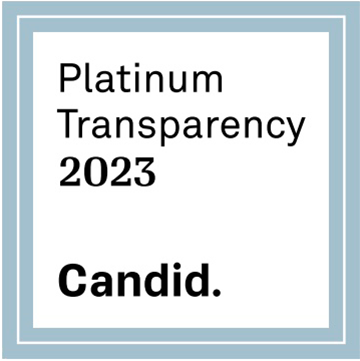Water Conservation Ordinances
Graywater is water from clothes washers, bathtubs, showers, or bathroom sinks, which can be reused, typically for outdoor irrigation purposes. It does not include water that originates from a kitchen sink, dishwasher, or toilet, which may contain fecal matter and possible pathogens. Graywater is safe to use for irrigation as long as it is correctly stored and applied, and users are careful about what is put down the drain.
Reusing graywater saves use of more costly potable water, which is not needed for irrigation, and reduces flow to sewers and septic systems.
The easiest way to use graywater is to pipe it directly outside for irrigation of ornamental plants or fruit trees. It is also safe to use in vegetable gardens as long as it does not touch edible portions of the plants. Simple systems are best for residential settings while more complex systems are best suited for multi-family, commercial, and industrial uses. More complex systems can include treatment and mixing with other renewable water supplies like harvested rainwater and cooling tower condensate.
Guidelines for graywater use include minimizing human contact, storing it no more than 24 hours, allowing it to infiltrate into the ground rather than pond, not applying it by spray irrigation, and matching the amount of graywater reuse to the irrigation needs of the plants.
Research by Arizona State University’s Global Institute of Sustainability found that an average household can save 18 to 35 gallons of water per day by using a graywater system.
To ensure that graywater is used safely, in 2001 the Arizona Department of Environmental Quality (ADEQ) adopted rules instituting Type 1 General Permit Best Management Practices (BMP) to help ensure that homeowners safely use graywater. However, the permit requires no formal notification to ADEQ, no review or design approval, and no reporting. Essentially, residents must comply with a number of rules to ensure protection of public health and safety. Having these rules in place made it possible for a number of Arizona communities and counties to develop graywater ordinances, and some require that new homes be equipped with a graywater stubout to allow for voluntary graywater reuse.
Case Study: Tucson Residential Gray Water Ordinance
Graywater reuse is widely practiced in some areas in Arizona. A study conducted in 2001 by the Water Conservation Alliance of Southern Arizona found that about 13% of single family residences and manufactured homes in the Tucson area practiced some type of graywater reuse. The results of the study were used to help develop the Arizona Department of Environmental Quality (ADEQ) graywater rules adopted that same year, which provided best practices to ensure homeowners safely use graywater. Previous rules actually discouraged use by requiring design plans and treatment.
The City of Tucson worked with a stakeholder group composed of homebuilders, NGOs, realtors, and plumbing associations to develop Ordinance 10579 in 2008, which amended the Tucson Building, Electricity, Plumbing and Mechanical Code Chapter. The amendment requires that all new single family and duplex dwelling units be equipped with pipe outlets, valves, and stub-outs to allow the discharge of graywater for direct irrigation.
Clothes washing machine hook-ups must include either a separate pipe outlet or a diverter valve and outside stub-out. Drains for bathroom sinks, showers, and bathtubs must be separated from all other plumbing fixtures and connected away from the building foundation to allow for future installation of a graywater system.
The ordinance only takes graywater to the point where it could be used, i.e. the stub-out. To facilitate graywater use, Tucson changed its graywater regulations to remove the requirement that homeowners obtain a permit to use graywater so long as they agree to follow the ADEQ BMPs. Tucson also instituted a rebate program for the installation of a permanent graywater system to help cover design costs, materials, tanks, filters, pumps, and backflow prevention devices. The rebate reimburses homeowners for half of their costs, up to $1,000. Applicants must attend a free, two-hour Gray Water Rebate Workshop that covers appropriate methods to design, operate, and maintain a gray water system.
Model Ordinance And Information Guide
The Tucson Graywater Information Guide includes the ordinance language, ADEQ BMPs, system design and components, distribution methods, maintenance, and FAQs.
Contact
City of Tucson Water Conservation Ordinances
Website: https://www.tucsonaz.gov/water/ordinances
Email: pico@tucsonaz.gov
Phone: 520.791.4331



